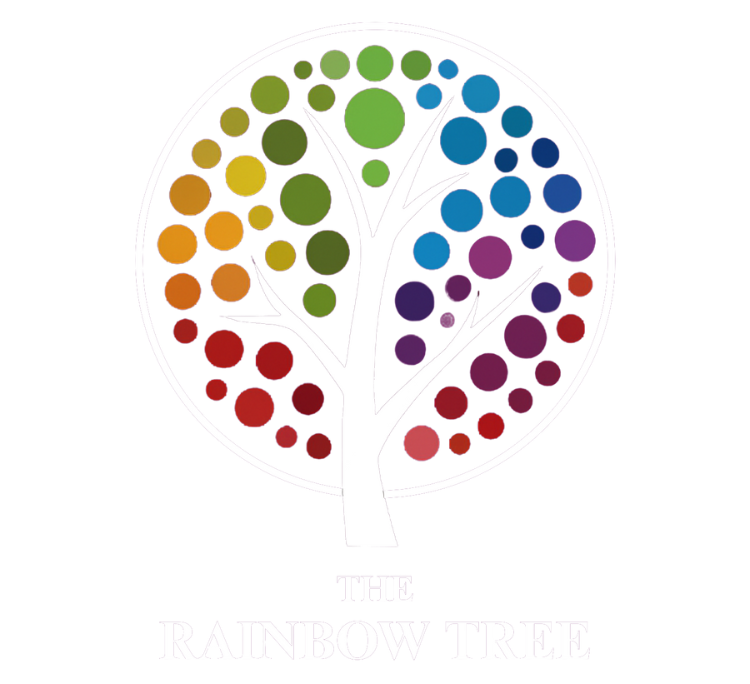Introduction to Chiles v. Salazar
The U.S. Supreme Court case Chiles v. Salazar brings to light significant legal and ethical issues surrounding conversion therapy. This controversial practice, which aims to change an individual’s sexual orientation, has faced increasing legal scrutiny and public opposition. Understanding this case is crucial for those interested in the intersection of law, mental health, and LGBTQ+ rights.
The Background of the Case
In Chiles v. Salazar, the court examined whether states have the authority to ban conversion therapy for minors. The debate stems from differing opinions on the legitimacy and safety of such practices. Advocates argue that banning conversion therapy protects children from potential harm, while opponents claim it infringes on parental rights and freedom of speech. This case highlights the ongoing conflict between personal beliefs and public safety.
The Implications of the Ruling
The ruling in Chiles v. Salazar could set a significant precedent for how conversion therapy is treated legally across the United States. If the court decides in favor of the ban, it may embolden other states to implement similar restrictions. Conversely, a ruling against the ban could lead to greater accessibility of conversion therapy, raising concerns among mental health professionals and LGBTQ+ advocates. Ultimately, the outcome of this case may shape the future landscape of mental health practices and advocate for vulnerable populations.
For more insight and in-depth coverage of Chiles v. Salazar, consider referring to reliable sources like the American Psychological Association and recent legal analyses.



